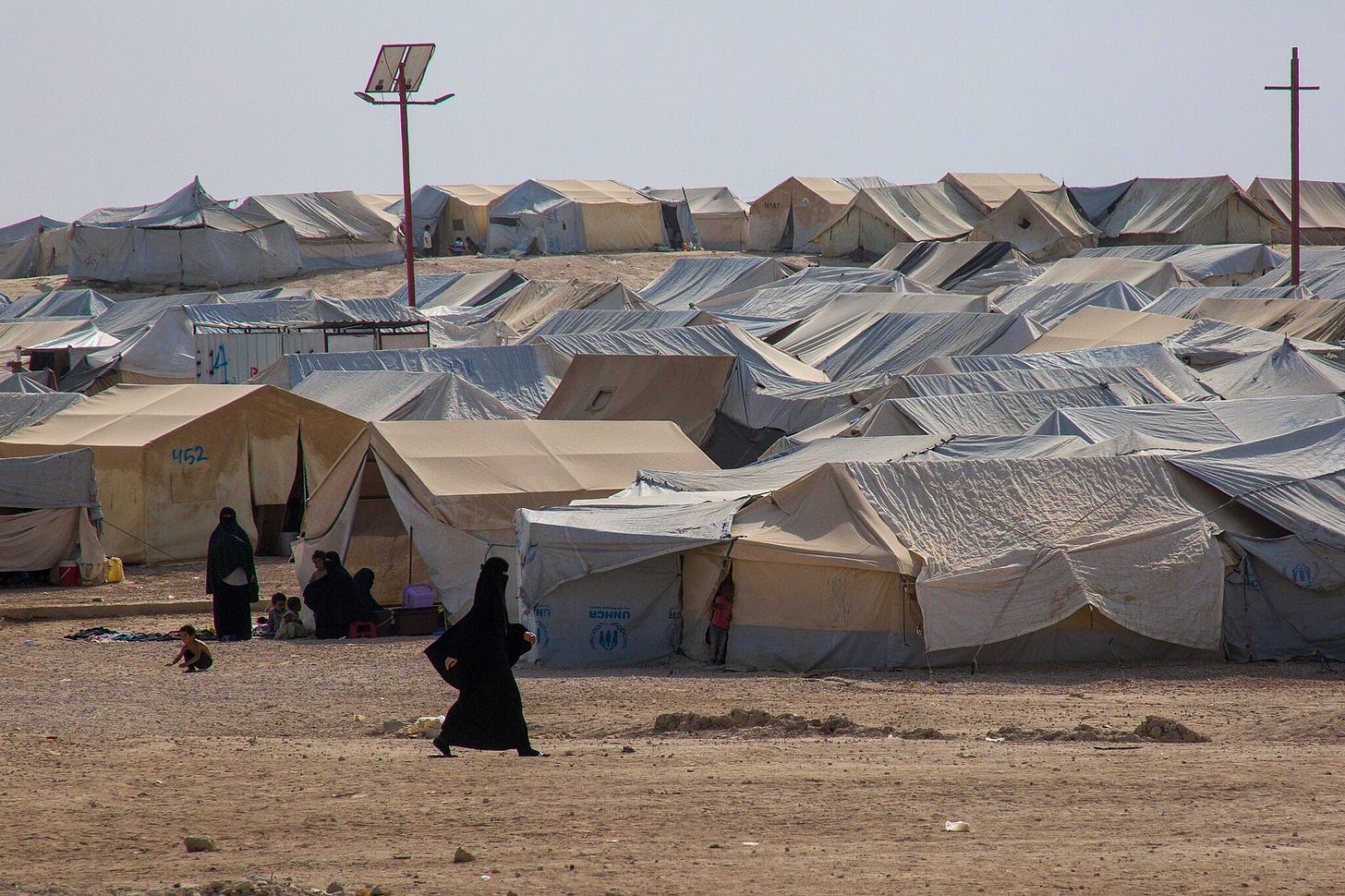Moncada Anniversary, Netanyahu at Congress, Lebanon Vacation, and More
The latest at Inkstick Media.
Hello, everyone.
Since well before its revolution, Cuba has found itself in the unenviable position of continually having to fend off US interference. As Ramona Wadi argues, the recent anniversary of the 1953 Moncada Barracks attacks is a reminder of the island’s unending fight for sovereignty.
Nearly ten months into Israel’s war on the Gaza Strip, the onslaught shows little sign of letting up any time soon. William D. Hartung makes the case that the warm welcome during Israeli Prime Minister Benjamin Netanyahu’s recent visit to the US Congress only serves to undermine American security.
Speaking of Israel, the chances of an escalation between Israeli forces and the Lebanese armed group Hezbollah have recently skyrocketed. Since the beginning of the war in Gaza, the threat of war has loomed large over Lebanon. Yet, as Madeline Edwards reports, a group of tour guides are still holding out for visitors this summer.
That’s not all we’ve got at Inkstick. And if you’re not already, please follow us on Twitter, LinkedIn, Threads, Facebook, Instagram, and YouTube.
“The Chilean Navy’s Esmeralda: An Enduring Symbol of Torture” by Ramona Wadi (July 29)
Under Pinochet’s authoritarian rule, the Esmeralda ship was used as a detention center and torture site. The Chilean navy now uses the Esmeralda in diplomatic and training endeavors, whitewashing its dark past.
“Congressional Applause for Netanyahu Undermines US Security” by William D. Hartung (July 29)
Given his role in directing the slaughter of nearly 40,000 people in Gaza, many of them children, and the vast majority of them with no ties to Hamas, Benjamin Netanyahu should never have been invited to address the US Congress.
“From the Sahara to Nevada: American Downwinder Success Presents an Opportunity to Algerian Victims of Nuclear Testing” by Clara Sherwood (July 30)
Bipartisan support for the passage of RECA in the United States presents a significant opportunity not only to address the long-standing grievances of nuclear testing survivors but also to strengthen diplomatic ties and cooperation between the United States and Algeria.
“A Summer Vacation in Wartime Lebanon?” by Madeline Edwards (July 30)
Since Israel’s war on Gaza started last October, the threat of a broader conflict between Israel and the Lebanese armed group Hezbollah has loomed large. These tour guides say it’s still worth a visit.
“Inside Haiti’s Evolving Gang Landscape” by Sandra Pellegrini (July 31)
Since 2021, the conflict in Haiti has expanded to new areas and grown more fragmented as the number of active gangs multiplied. This led to a steep increase in reported fatalities and dramatic consequences for the civilians who remain at the frontlines of gangs’ expansionist ambitions.
“Why Cuba’s Moncada Barracks Attack Still Matters Today” by Ramona Wadi (July 31)
July 26 marked the 71st anniversary of the attack on the Moncada Barracks in Santiago de Cuba in 1953. More than seven decades after the Moncada attack, Cuba still faces the ever-present threat of US interference.
“Deep Dive: A Very Different Kind of Coconut” by Emily Tamkin (Aug. 1)
The authors of a new paper looked at cursing in the history of Sri Lanka, which has a “long history of impunity for disappearances” — and a land of cursing as a form of justice seeking.
“The Death of Nationalism? Think Again” by John Feffer (Aug. 1)
In a new piece originally published at TomDispatch, John Feffer argues that ultra-nationalists like Russia’s Putin and Kim hold sway over much of our world and come in all too many shapes and sizes.
“Syria and Turkey are Far from Re-Normalizing Relations” by Alexander Langlois (Aug. 2)
Syria and Turkey are flirting with the idea of a re-normalization initiative following the collapse of talks in mid-2023, sparking a media whirlwind. Yet, the prospect of a major breakthrough remains unlikely.
From the desk of Patrick Strickland, managing editor of Inkstick Media.
Top photo: The al-Hol refugee camp in Syria houses tens of thousands of displaced people (Y. Boechat via Voice of America)





